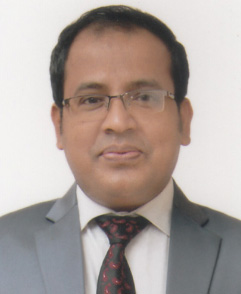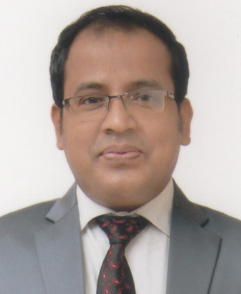Harnessing the potential of blue economy


The issue of blue-economy is becoming more and more important in the global economic arena. In order to meet the future food and energy needs of human civilization, the world is now looking at the resources stored under the sea. About five trillion dollar business takes place in the world centering around sea resources every year. About 15 percent of the world's 6.3 billion people are supplied with protein by the vast oceans, such as sea-fish, plants and animals. Thirty percent of the world's gas and fuel oil is supplied from various gas and oil fields of seabed. It is also possible to develop a sea-based pharmaceutical industry by increasing knowledge of marine biodiversity.
According to population statistics, by 2050, the world's population will be around 9 billion. Marine resources could be the only way to meet the food and energy needs of this huge population. Maritime economy is contributing to the national income of many countries. In the recent times, Indonesia has taken such steps which, if implemented, the value of the resources extracted from the sea will be ten times of their national budget. Australia earns about 44 billion dollar a year from its marine resource development and tourism industry. The country has set a revenue target of around 100 billion by 2025. In addition, the blue economy is making a significant contribution to the macro-economy of many countries in the Indian Ocean, including Japan, Thailand, Malaysia and Singapore.
Following the final settlement of maritime disputes with neighboring Myanmar and India in 2012 and 2014, respectively, Bangladesh gained ownership over 118,813 sq km of the Bay of Bengal, including part of its territorial waters,
special economic zones and continental shelf.
We can enrich the country's economy by extracting vast resources from our seas. The coastal areas of Bangladesh and the continental shelf are rich in natural resources. If we want to achieve the goal of a developed Bangladesh with sustainable development in mind, then the blue economy must be considered as an important determinant. We can make proper use of this immense potential of the blue economy in terms of GDP growth. According to eminent economists, if we think about the blue economy together, it is possible to achieve a maximum of 10 percent GDP.
Under the seventh five year plan, the government started developing the blue economy. Development of seaport sector has started and construction work of Payra seaport at Patuakhali is in progress. Additional development work has also been undertaken in the marine fisheries sector, especially in the areas of sustainable extraction and preservation. A number of ‘bottom-trawls’ have been converted to ‘midwater-trawls’ to reduce pressure on seabed fish stocks, reduce erosion of aquatic resources and facilitate intermediate water fishing. For a certain time of the year, a temporary ban on fishing for important fish, especially hilsha fish and for the convenience of its breeding and selection has been in force for several years now.Under the Wildlife (Conservation and Security) Act, 2012, the government of Bangladesh declared Swatch of no Ground in 2014 as the first marine protected area in the country to protect whales, dolphins, sea turtles, sharks and other marine species.
Several ‘ecologically important areas’ have been enacted in various coastal eco-environments for the conservation of habitats of a variety of important aquatic plants and animals, including biodiversity, marine turtle breeding and conservation, and mangrove restoration and reproduction. Mangrove afforestation has been going on for decades in the newly awakened lands in the tidal zone.
The National Oceanographic Research Institute (NORI) has recently been set up for coastal and marine research.
The Father of the Nation Bangabandhu Sheikh Mujibur Rahman enacted the first ‘The Territorial Waters and Maritime Zone Act’ in 1974 for demarcation of maritime boundaries, conducting various activities in maritime boundaries, exploration and extraction of marine resources which came into force in Bangladesh eight years before its declaration by the United Nations. Bangabandhu Sheikh Mujibur Rahman Maritime University Bangladesh has been established with the aim of acquiring knowledge related to blue economics and gaining skills in its development. Department of Oceanography has also been launched in different universities including Dhaka University. The following steps can be taken for the advancement of blue economy in Bangladesh:
• Adequate research, knowledge exploration and creation of skilled human resources can be given utmost importance to explore the potential of blue economy.
• Present reliable data and accurate statistics to attract investors to the sector and work for its development
• Adopt methods of marine based fish farming, sea weed farming, oyster farming.
• To formulate strategies for conservation, management and development of fisheries, increase shipbuilding industry and port facilities and take initiatives to expand tourism business
• Ensure strict supervision of maritime boundaries and movement
If the above initiatives can be implemented properly, blue economy can become the main driving force of Bangladesh's economy.
Ziaur Rahman is Additional Deputy Commissioner (Revenue), Khulna.




